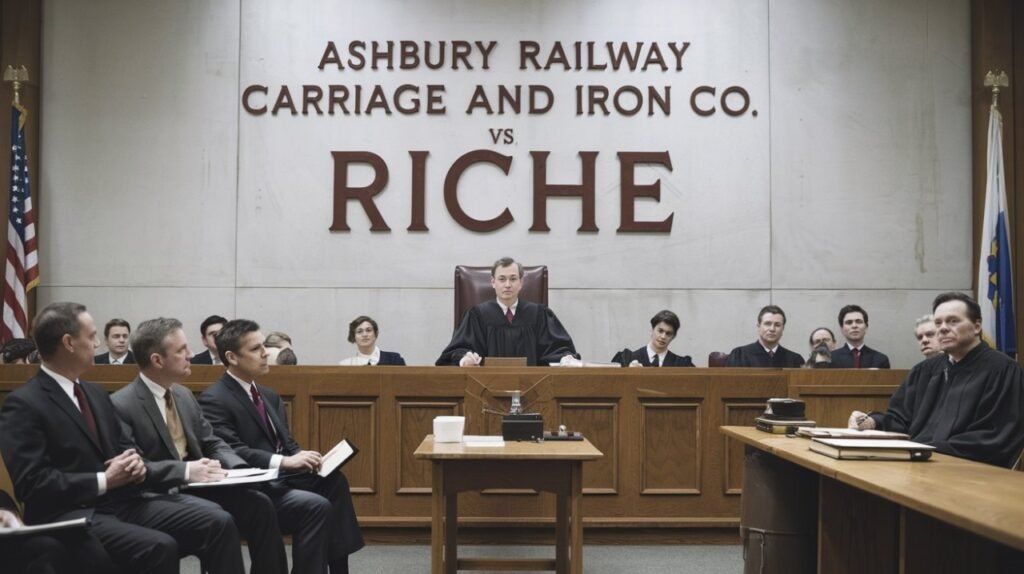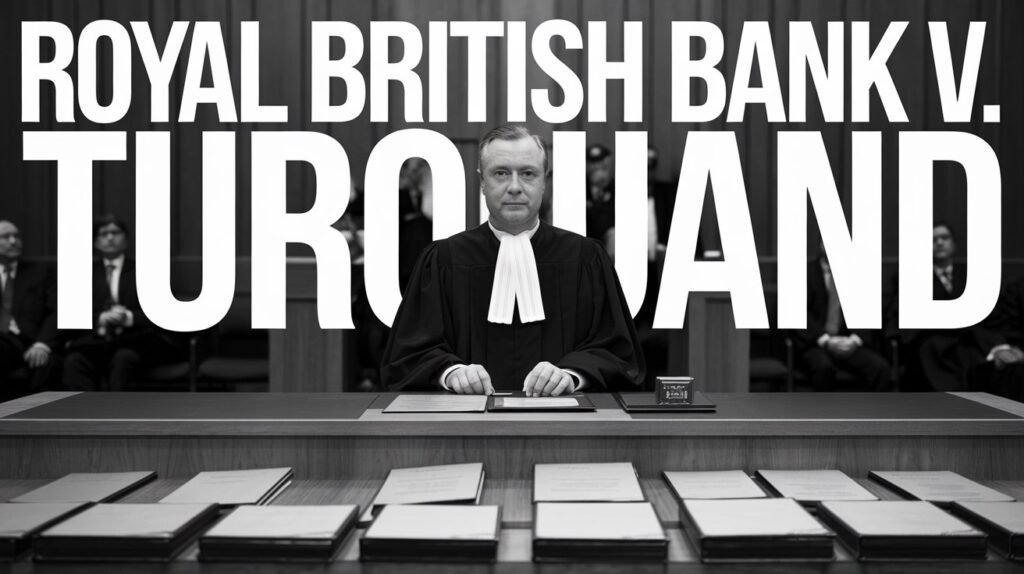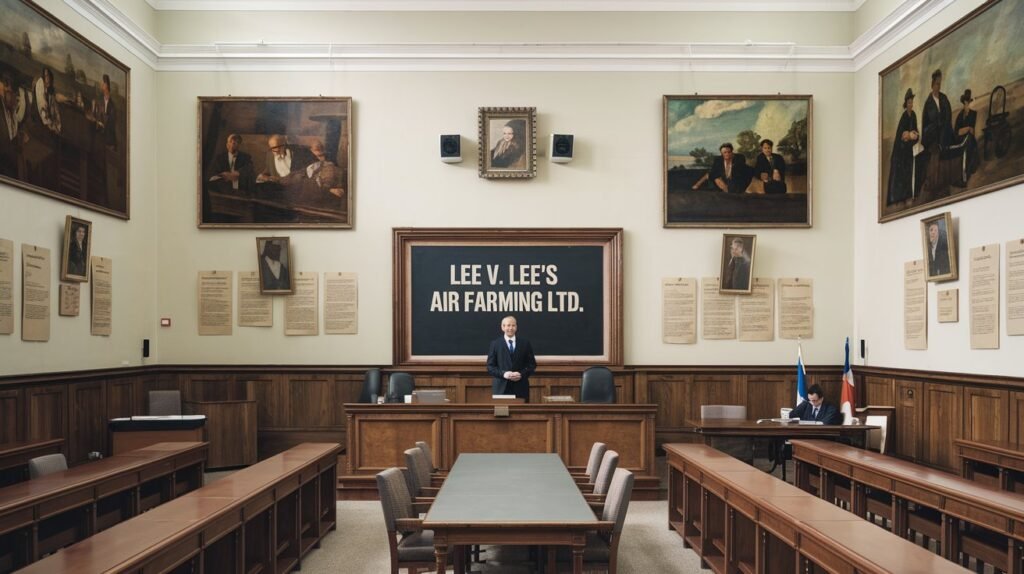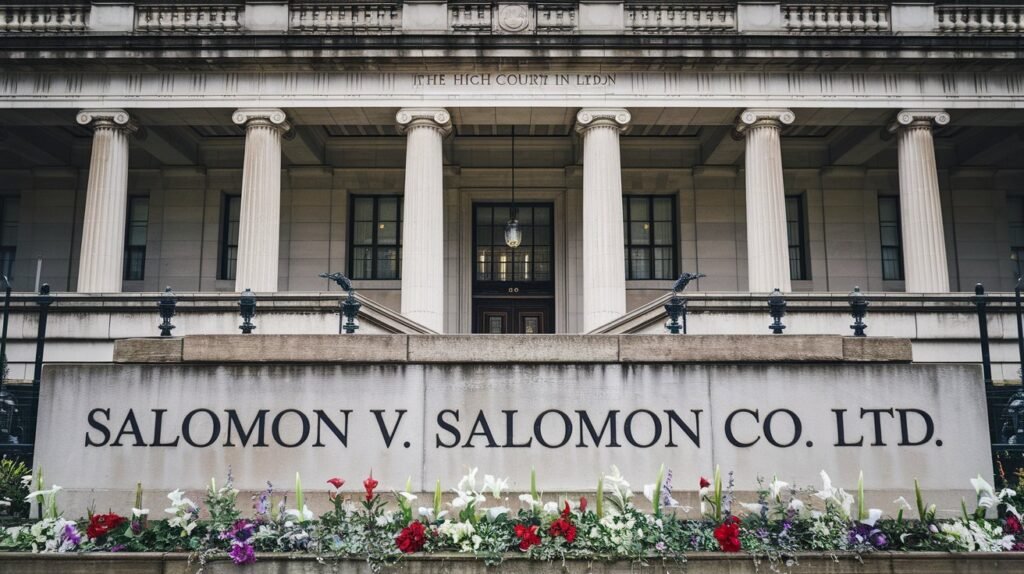Ashbury railway Carriage and iron Co. vs Riche 1875 (Case Summary)
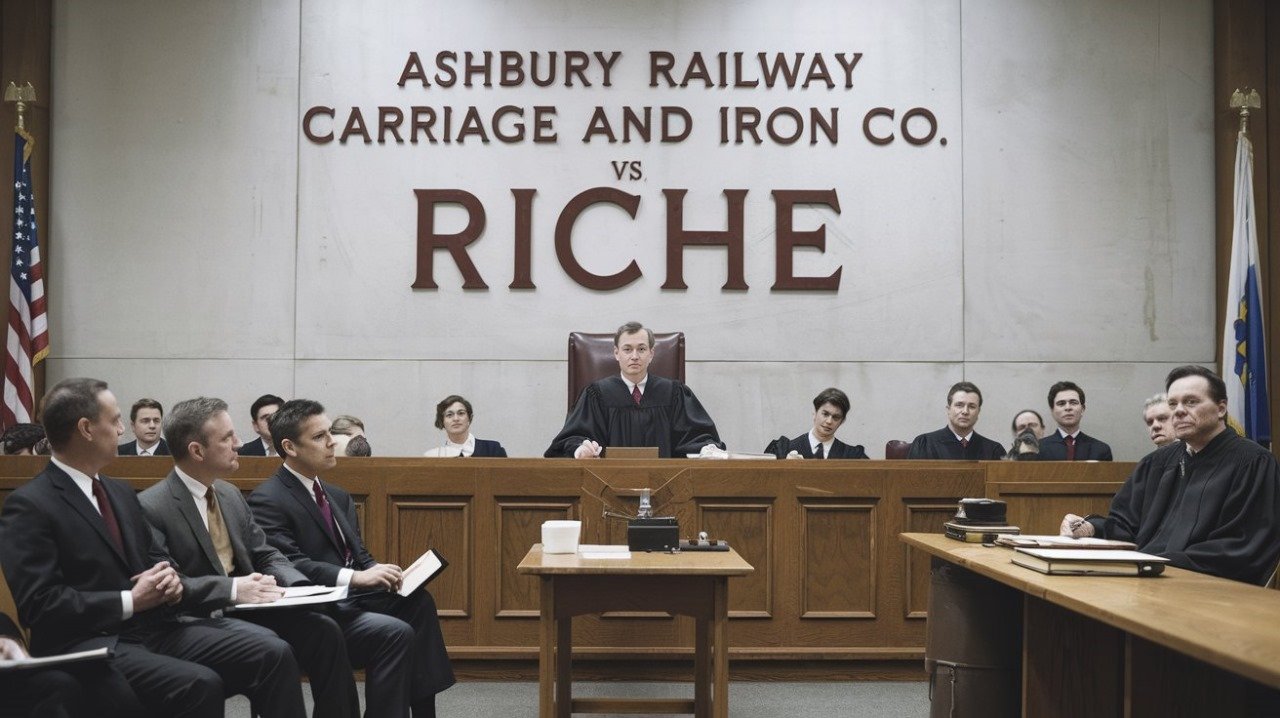
This landmark case on doctrine on ultra vires strengthened the fundamental rule of company law that a company shall not work beyond its objectives as specified on the Memorandum of Association. The case decided on the consequences of a company going out of the objective clauses mentioned in the MOA for business.
Table of Contents
ToggleFacts of Ashbury railway Carriage and iron Co. vs Riche
- The objective clause of the Railway Carriage company expressly stated that the company could make, sell or lend railway carriages and wagons.
- In the year 1864, the company got contract from the belgium government wherein they were required laying down railway tracks.
- The company already had many contracts. Therefore, it delegated the work to Riche.
- Riche was not having sufficient funds for the project. Therefore, the Railway carriage company contracted to finance Riche for the completion of the project.
- The company later refused to finance Riche for the project.
- Being aggrieved, Riche sued the Railway Carriage company.
Issues framed
- Whether the Railway Carriage company had the legal capacity to finance Riche?
Judgment of Ashbury railway Carriage and iron Co. vs Riche
The court decided the case in favour of the Railway Carriage company. The court ruled that a company does not have legal capacity to go beyond its MOA and enter into contracts beyond its object clauses. The court further while discarding the contention of Riche held that a contract beyond the objectives of the company is void ab initio, therefore, they can not be ratified by the board. This made the contract between the Railway Carriage company and Riche invalid and unenforceable in court.
This case established the doctrine of ultra vires that means any contract ultra vires to the Objective clause of a company is void ab initio.


